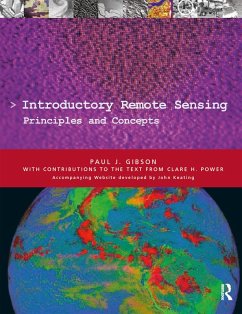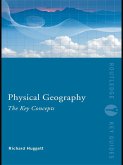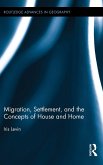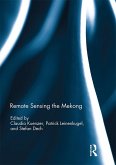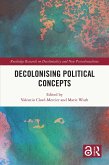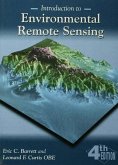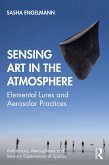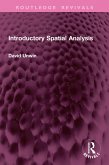Introduction to Remote Sensing: Digital Image Processing and Applications presents a unique textbook/downloadable resources package. It explains how digital images can be processed and offers practical hands-on experience of image processing. This package, which is ideal for student self-study, institutional or library purchase, shows how digital images can be processed to maximize information output and discusses a range of environmental monitoring techniques. A range of case studies are explored, drawn from a variety of disciplines and from across the world. The book also includes a practical manual of image processing instruction and detailed practical exercises to support the unique downloadable resources which accompanies the book.
The downloadable resources contain fully functioning image processing software - a limited edition of DRAGON software developed specifically for readers of Introductory Remote Sensing - and over 70 satellite digital datasets for 9 scenes across America, Ireland, China, Sudan, Peru, Western Europe and the UK.
Dieser Download kann aus rechtlichen Gründen nur mit Rechnungsadresse in A, B, BG, CY, CZ, D, DK, EW, E, FIN, F, GR, HR, H, IRL, I, LT, L, LR, M, NL, PL, P, R, S, SLO, SK ausgeliefert werden.

